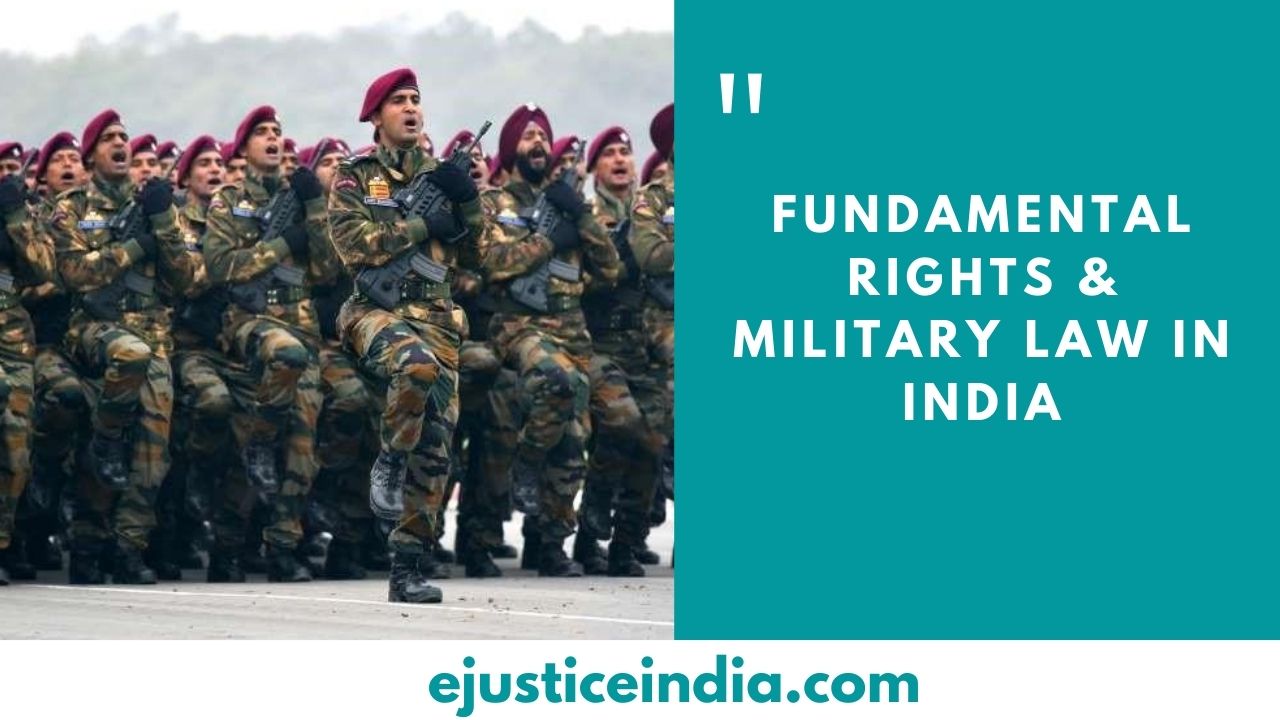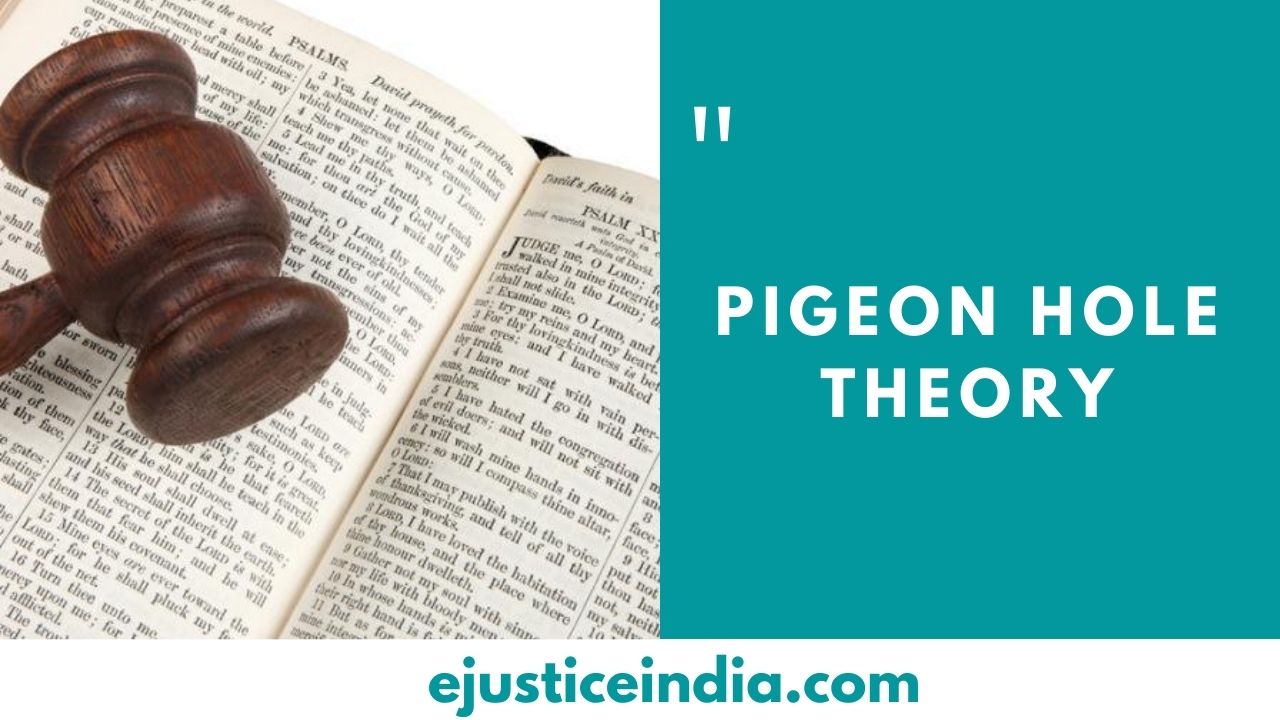Unlawful Activities Prevention Act against Freedom of Speech and Expression
Author: Shubhi Singh
Co-author: Aakash Sharma.
INTRODUCTION
Unlawful Activities (Prevention) Act, popularly known as UAPA is an Indian Law passed by the Parliament and received the assent of the President in 1967. The act aimed at effective prevention of unlawful activities associations in India. The cardinal objective of this act is to provide power in the hands of Government to curb the voices against the integrity and sovereignty of India. UAPA basically criminalizes Ideology and Association. Here, it is imperative to mention that it is a well known Draconian Law that curbs the Fundamental right to freedom of speech and expression guaranteed by the Article-19(1)(a) of the constitution of India. Interestingly, it fetches complete power to the Government to ban ‘Unlawful organizations’, ‘Terrorist organizations’ and it also compasses wide range of non-violent activity, including Political protests. Courts have tried to intervene in 2011 to narrow the scope of these provisions declaring ‘Membership’ was limited to cases where individual is engaged in incitement of violent activities but rulings of the courts were seemed to be very Patchy and Arbitrary.
HISTORICAL BACKGROUND
The very first Constitutional (Amendment) Act made amendments in Article- 19 and word ‘Reasonable’ was added before restrictions and also ‘Public order’ was added as one of the possible grounds for abrogation of fundamental rights by the government.
After 1962 Indo-China War, there were Secession threats from some political groups of Tamil Nadu. In order to handle such grave situation that threatened security, Integrity and Sovereignty of India, committee on national integration and regionalism was constituted by National Integration Council (NIC) which recommended further restrictions on Freedoms guaranteed u/a-19 of the Constitution. Subsequently, the Constitution (Sixteenth Amendment) Act, 1963, was passed empowering Parliament to impose, by law, reasonable restrictions in the interests of security, sovereignty and integrity of India, on the followings-:
1. Freedom of speech and expression.
2. Freedom to assemble peacefully without arms.
3. Freedom to form Associations and unions.
Hence, on the path of same journey to uphold integrity and sovereignty of India, an Unlawful activity (Prevention) Act was passed by the Parliament in 1967.
This act authorized government to declare unions and associations as ‘unlawful’ on grounds of secession from India, as well as it provided complete powers to central government to impose All-India ban on associations if in any case these association poses threat to Security, integrity and sovereignty of India.
AMENDMENTS IN UNLAWFUL ACTIVITIES PREVENTION ACT
There have been continuous amendments made to UAPA from time to time to tackle problems related to internal security, Terrorism, Naxalism and many more.
The Amending Acts to UAPA are as follows:
1. The Unlawful Activities (Prevention) Amendment Act, 1969
2. The Criminal Law (Amendment) Act, 1972
3. The Delegated Legislation Provisions (Amendment) Act, 1986
4. The Unlawful Activities (Prevention) Amendment Act, 2004
5. The Unlawful Activities (Prevention) Amendment Act, 2008
6. The Unlawful Activities (Prevention) Amendment Act, 2012
7. The Unlawful Activities (Prevention) Amendment Act, 2019
Noted Important Amendments are as follows-:
The Unlawful Activities (Prevention) Amendment Act, 2004 – The substantial changes were made to the definitions of ‘Unlawful Activities’ including ‘Terrorist Organization’ and ‘Terrorist Act’. The well-known POTA act was repealed by the UPA Government and several of its provisions were added to UAPA as it was. Even the concept of ‘Terrorist gang’ was introduced in 2004 UAPA Amendment Act.
The Unlawful Activities (Prevention) Amendment Act, 2008 – After the Infamous 26/11 Mumbai Attack, On December 17, 2008, another amendment was adopted by the Parliament to give UAPA a Draconian Color and make more Stricter Laws in order to control terrorist activities.
Provisions similar to acts like POTA and TADA regarding maximum period in police custody, incarceration without a charge sheet and restrictions on bail were brought in.
The Unlawful Activities (Prevention) Amendment Act,2012 – To fulfill FATF (an intergovernmental organization to combat money laundering and terrorism financing) commitments to include offences that threatens Economic security of the country and restrict flow of money and capitals to the Terrorist groups, further provisions were added to UAPA in 2012.
The Unlawful Activities (Prevention) Amendment Act, 2019-
The UAPA Amendment of 2019 allows the government to declare individuals as terrorists if they try to commit, participate or propagate the acts of terrorism, prepare for acts of terror, promote terrorism or are otherwise involved in any manner.
The new provisions of this amendment also empower the Director-General of Police, National Investigation Agency (NIA) to issue warrant of seizure or attachment of property when the case is investigated by the agency.
The Unlawful Activities (Prevention) Activities (UAPA) Amendment also gives authority only to the NIA officers, of the rank of Inspector or above to investigate cases.
UAPA VIOLATES CITIZENS RIGHT TO FREEDOM OF SPEECH AN EXPRESSION Unlawful Activities Prevention Act encroaches upon citizens right of Freedom of Speech and Expression as enshrined under Article 19(1)(a) of Indian Constitution.The recent amendment of 2019 which modified UAPA particularly chapter-6 Sections-35 and 36 and empowered the government to categorize an individual as a terrorist. Prior to this only organizations could be designated as terrorist organizations. Subsequently petitions were filed by Sajal Awasthi and Association for Protection of Civil Rights which challenged constitutional validity of section-35 and 36 as it did not specify the grounds on which an individual can be designated as terrorist and prayed to declare the act unconstitutional as it violates Article-14, 19 and 21 of the Indian constitution.
Freedom of speech and expression is extremely important in democracy. In Romesh Thapper v.State of Madras, Patanjali Sastri J reiterated that without free political discussion no public education and proper functioning of government is possible. Article. -19(1)(a) of the Indian constitution says that all citizens shall have the right to Freedom Of Speech and Expression which means all citizens shall have right to freely express one’s own opinions or convictions by use of words (spoken or written),visual representation, publication etc .
In the case of Maqbool Fida Hussain v. Rajkumar Pandey, SC held that right to dissent is hallmark of democracy and dissenter ought not to fear arrest, bodily harm or economic sanctions. Indian Judiciary in case of S.RangarajanEtc v.P.Jagjivan Ram opined that open criticism of government policies is not a ground for restricting speech and expression. However Article-19(2) empowers state to put reasonable restrictions on grounds of Security of state, sovereignty and integrity of state, public order and morality. It should be noted that Right to dissent which is an integral part of article-19(1)(a) cannot be abridged in any circumstances except those provided under article-19(2) and if it in any case is ripped off then it would tantamount to destruction of the very constitution. India is a democratic country and every citizen has a right to dissent but the draconian provisions of UAPA gives immense power to the government under the garb of countering terrorism, to impose restrictions on right to dissent. The act is the colourable piece of legislation which provides unbound and discretionary power in the hands of government and gives an opportunity to misuse the same.The act gives power to start a fishing expedition against political dissenters or religious minorities and target them. The act is vague as it does not equips citizens as to what is in ambit of dissent and what becomes dissidence.
Furthermore the act under the garb of terrorism gives power to detain several communist thinkers, dalits, adivasis, minorities, muslims who dare to oppose and criticize governmental policies and legislations. In case of Kedar Nath v State of Bihar , the court set the scope of article-19 in the context of sections-123 and 124 of IPC and held that Freedom of Speech and Expression has three elements namely Discussion, Advocacy and Incitement and it is only when advocacy reaches level of incitement to provoke people not to follow law,it falls under the realm of mischief sought to be end by section-124 A of IPC. The UAPA convicts citizens merely on ground of questioning injustice done by government, criticizing a Act or a bill, reading socialist or communist literature, holding or expressing disaffection with government on the mere assumption that these acts may lead to incitement of violence. In other words crimes are not understood in words of commission but as mere thoughts that may influence other people to show disaffection towards government. The freedom of speech and Expression is not an individual right but it’s a right of Unions as well as political parties.UAPA attacks the very core of this right and suppresses freedom of expression. Recent arrests of Masrat Zahra, Journalist, Gowhar Geelani, Kashmiri author and Journalist, Meeran Haider and Safoora Zargar, student activists, Sudha Bhardawaj shows the widening assault on free speech of those who are vocal in their criticism of government and those who defend the rights of some of India’s marginalized communities. However time and again government defends its action under the garb of reasonable restrictions given in Article -19(2). However, freedom of speech and expression should not be suppressed unless public interest is endangered. As held in case of Raj Bahadur Gond v. State of Hyderabad, AIR 1953 fair criticism does not necessarily endanger public interest.The anticipated danger must not be remote and must bear a proximate nexus with expression.
CONCLUSION
UAPA directly violates citizen’s right to Freedom of Speech and Expression. Right to dissent which is one of the facets of Freedom of Speech and Expression cannot be abridged in any case except the reasonable restrictions as mentioned under article-19(2) of Indian Constitution. Under the garb of combating terrorism; the government is using such draconian law to constrain Freedom of Speech and Expression. The government is trying to suppress the voices of political and civil rights groups who do no more than a fair criticisms of governmental policies and doing their responsibility to protect interests of weaker sections of society. Furthermore the amendment of 2019 has broadened discretionary powers in hand of government. It now allows government to arrest these civil rights groups’ members on vague grounds such as possessing terrorist literature, being member of an unlawful association etc.



Everything is very open with a clear clarification of the challenges. It was really informative. Your site is useful. Thanks for sharing!
Thank You
you will have an important blog here! would you like to make some invite posts on my weblog?